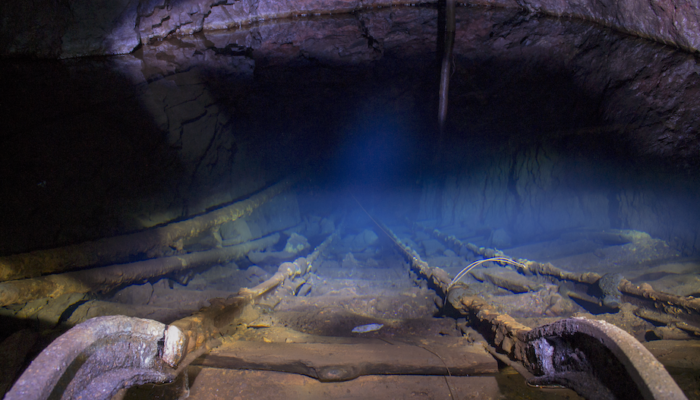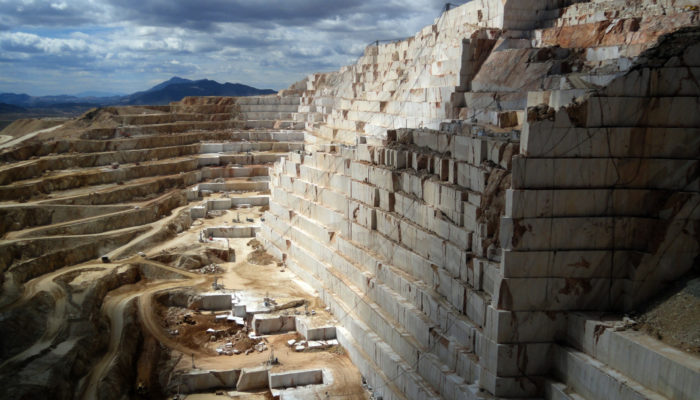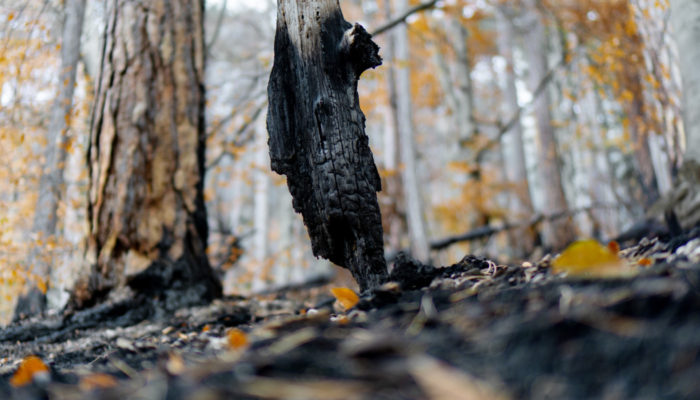In 1821, peat cutters discovered a body similar to a mummy, pinned down by two wooden stakes deep in the mud. The body’s face still held red hair and a beard, their teeth were well preserved, and a hoop of willow was wrapped around their throat. But this wasn’t the dry, hot climate of Egypt but a cold and rain-sodden bog of Ireland. Later assessment suggested that these were the remain ...[Read More]
Imaggeo On Monday: Hidden treasures into the earth

Since the Iron age, the Apennine Ligurian mountains were exploited by several mines of manganese, flint and copper. All of them are now abandoned and preserve an amazing environment. They are saving archeological mining heritage and concealing deepest earth ‘s secrets. Photo by Matteo Del Soldato, as described on imaggeo.egu.eu. Imaggeo is the EGU’s online open access geosciences imag ...[Read More]
Imaggeo On Monday: Marble quarry west of Alicante, Spain

The largest marble quarry in Europe is located at Monte Coto next to Pinoso in the Spanish Alicante province. Here an Eocene limestone named “Crema Marfil” is exploited on a large scale. Photo by Christoph Mayr, as described on imaggeo.egu.eu. Imaggeo is the EGU’s online open access geosciences image repository. All geoscientists (and others) can submit their photographs ...[Read More]
This World Biofuel Day, we look to the future with optimism
Fossil fuels have dominated the global energy market for centuries, and so most people find it surprising to learn that the first ever diesel engine (1892) was run entirely on peanut oil. German engineer Sir Rudolf Diesel who built the engine was almost prophetic when he said the use of vegetable oils for engine fuels “may seem insignificant today, but such oils may become in course of time as imp ...[Read More]


